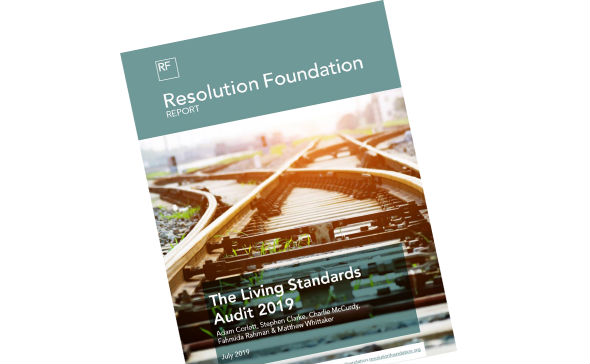Are the wheels about to fall off the UK economy?

Those in favour of a second referendum have been painted as out-of-touch doom-mongers, unpatriotic peddlers of Project Fear who are skilled in the art of spin-doctoring.
The Brexiteers flinging such accusations have justified themselves by pointing to the UK economy’s relative buoyancy since the 2016 referendum.
Therefore, it will be interesting to see what the most ardent Leavers make of two fairly damning assessments of the UK economy from think-tank Resolution Foundation and the Office for Budget Responsibility (OBR).
Both highlight serious structural flaws in our economic set-up, which could be amplified by Brexit, particularly if we leave without a deal.
In an ideal world, an economy creates prosperity by increasing productivity, or in other words, working smarter.
But that has not been the case since the financial crisis in the UK, according to the Resolution Foundation’s annual Living Standards Audit.
It found that improving productivity has accounted for just 22% of economic growth since the financial crisis, compared to 69% before it.
By far the largest contributor to economic growth in the past decade has been the increasing population, accounting for 69% of total growth, it said.
That’s unsustainable and needs addressing if we are to continue enjoying better living standards.
While productivity is a long-term issue for policymakers, there are more pressing issues facing the UK economy, according to the OBR’s latest fiscal risks assessment.
The spending watchdog warns that an increasingly likely no-deal Brexit on October 31 will plunge the UK into a recession in 2020 and blow a £30 billion hole in the public finances.
It argues that recent surveys suggesting the economy is flatlining show it may already be entering a “full-blown recession”.
Whether or not this glum assessment of our economic outlook is enough for Tory leadership hopefuls Boris Johnson and Jeremy Hunt to discard the no-deal rhetoric, however, is yet unclear.
